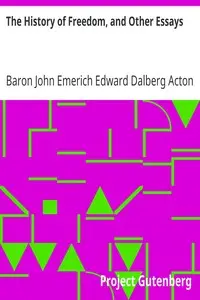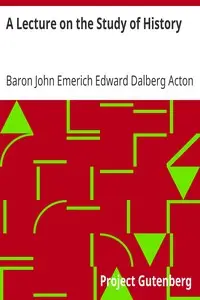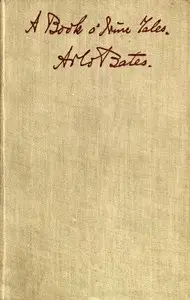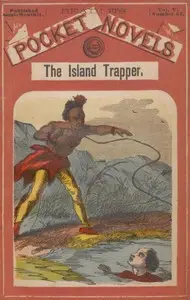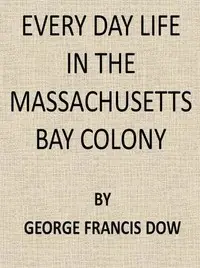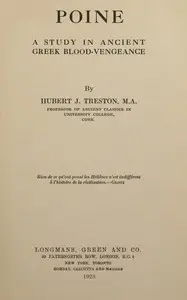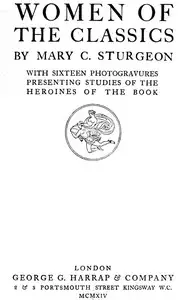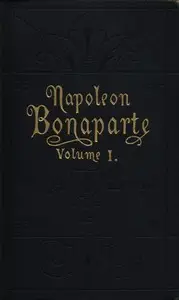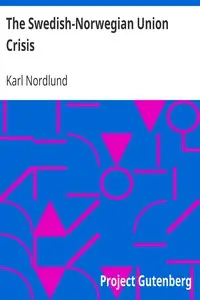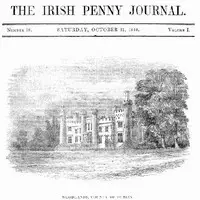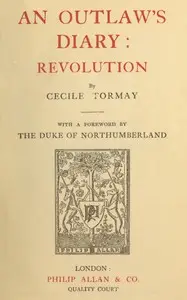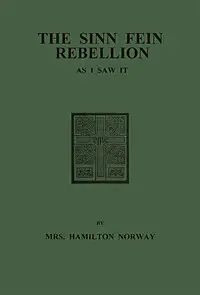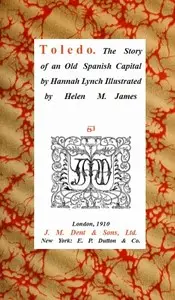"Letters of Lord Acton to Mary, Daughter of the Right Hon. W. E. Gladstone" by Acton is a collection of personal correspondence written in the late 19th century. This volume presents a fascinating look into the thoughts and reflections of Lord Acton, an eminent historian and liberal thinker, during his correspondence with Mary Gladstone, the daughter of notable statesman W. E. Gladstone. The letters cover a range of topics, reflecting Acton's insights into politics, history, and moral philosophy, as well as the friendship he shared with the Gladstone family. The opening of this collection introduces Lord Acton and sets the context for these letters, highlighting his deep intellectual engagement and the significance of the correspondence to both him and Mary Gladstone. An introductory memoir provides background on Acton's life, revealing his broad knowledge and love for historical analysis, which laid the groundwork for their discussions. The preface indicates that the letters, though edited, retain their intrinsic value and poignancy, offering a glimpse into Acton's worldview and his relationship with one of 19th-century Britain's most prominent political families. Such insights promise to be enlightening for readers interested in historical perspectives on liberty, politics, and faith. (This is an automatically generated summary.)
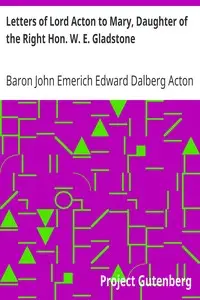
Letters of Lord Acton to Mary, Daughter of the Right Hon. W. E. Gladstone
By John Emerich Edward Dalberg Acton Acton
"Letters of Lord Acton to Mary, Daughter of the Right Hon. W. E. Gladstone" by Acton is a collection of personal correspondence written in the late 19...
John Emerich Edward Dalberg-Acton, 1st Baron Acton, 13th Marquess of Groppoli,, better known as Lord Acton, was an English Catholic historian, politician, and writer. A strong advocate for individual liberty, Acton is best known for his timeless observation on the dangers of concentrated authority. In an 1887 letter to an Anglican bishop, he famously wrote, "Power tends to corrupt, and absolute power corrupts absolutely," underscoring his belief that unchecked power poses the greatest threat to human freedom. His works consistently emphasized the importance of limiting governmental and institutional power in favor of individual rights and personal liberty.


